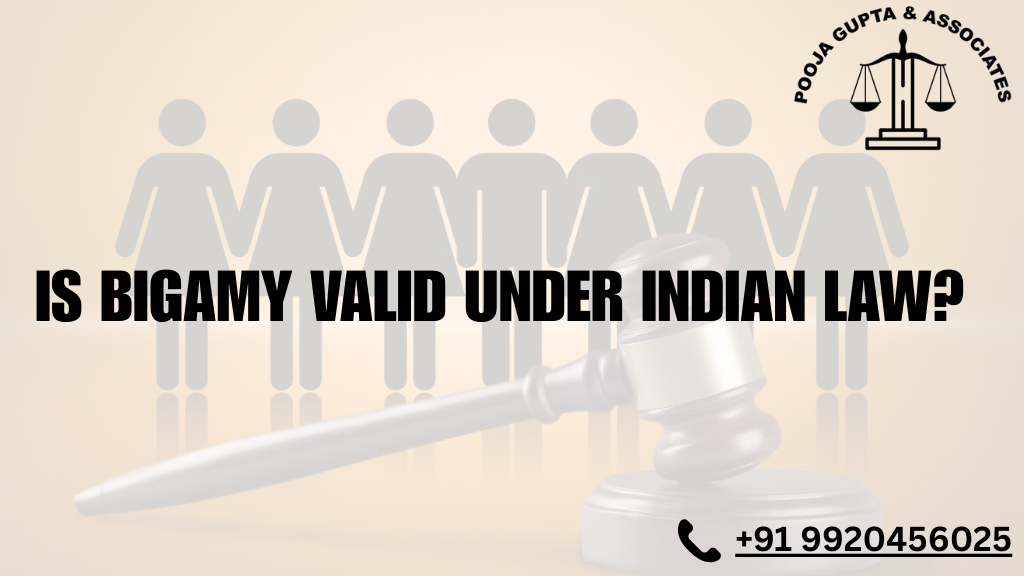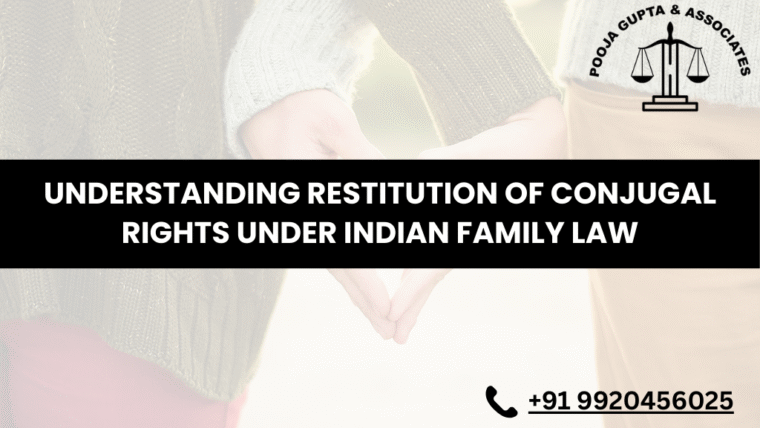Bigamy—the act of marrying someone while already legally married to another person—is prohibited under Indian law for most communities. The legal framework governing this issue varies across different personal laws, but the overarching principle remains that bigamy is not valid and is subject to legal penalties.
1. Legal Provisions Against Bigamy
Indian Penal Code (IPC)
- Section 494: This section criminalizes the act of marrying again during the lifetime of a spouse. If a person, having a husband or wife living, marries in any case in which such marriage is void by reason of its taking place during the life of such husband or wife, they shall be punished with imprisonment of either description for a term which may extend to seven years, and shall also be liable to fine.
- Section 495: This section deals with the concealment of the fact of a former marriage from the person with whom a subsequent marriage is contracted. If a person commits bigamy and conceals the fact of a former marriage, they shall be punished with imprisonment of either description for a term which may extend to ten years, and shall also be liable to fine.
Hindu Marriage Act, 1955
- Section 5: Specifies the conditions for a Hindu marriage, including the requirement that neither party should have a spouse living at the time of marriage.
- Section 11: Declares that a marriage solemnized in contravention of the conditions specified in Section 5 is void and shall be so treated by all courts.
- Section 17: Punishes bigamy under the Hindu Marriage Act. If a person having a spouse living marries again, the marriage is void, and the person shall be punished under Section 494 or 495 of the IPC.
Special Marriage Act, 1954
Parsi Marriage and Divorce Act, 1936
- Section 5: States that a marriage between a Parsi man and a woman is void if either party has a spouse living at the time of marriage.
Muslim Personal Law
Under Muslim personal law, a Muslim man is permitted to have up to four wives simultaneously, provided he treats them equally in all respects. However, this practice is subject to strict conditions, and any violation can lead to legal consequences.
2. Legal Consequences of Bigamy
Engaging in bigamy can lead to serious legal repercussions, including:
- Imprisonment: Conviction under Sections 494 and 495 of the IPC can result in imprisonment for up to seven years and ten years, respectively.
- Fine: In addition to imprisonment, the convicted individual may also be liable to pay a fine.
- Void Marriage: The second marriage is considered void and has no legal standing, meaning the second spouse has no legal rights or obligations arising from that marriage.
- Civil Liabilities: The individual may be liable for damages in civil court for any harm caused to the aggrieved party.
3. Recent Legal Precedents
Recent cases have reinforced the legal stance against bigamy:
- Gujarat High Court Ruling: In a recent case, the Gujarat High Court invalidated a banker’s second marriage, declaring it “non est” (non-existent), as it occurred during the pendency of his first wife’s appeal against their divorce. The court emphasized that the husband was legally required to wait for the appeal period to expire before remarrying. The Times of India
- Allahabad High Court Observation: The Allahabad High Court addressed the issue of Muslim polygamy while hearing a plea by an individual facing charges of bigamy and rape. The court acknowledged that Islamic law permits a Muslim man to marry multiple women but emphasized that such marriages are subject to the condition of treating all wives equally. The court expressed concern that polygamy is often misused by men for selfish reasons, deviating from the principles laid down in Islamic law.
4. Conclusion
Bigamy is not valid under Indian law for most communities, including Hindus, Christians, and Parsis. It is a criminal offense and can lead to imprisonment and financial penalties. Even under Muslim personal law, while men are allowed multiple wives, it comes with ethical and legal expectations. Advocate Pooja
Individuals contemplating a second marriage must ensure that the first marriage is legally dissolved through divorce or annulment before proceeding. Engaging in bigamy not only violates legal provisions but also undermines the sanctity of marriage and can cause significant harm to all parties involved.
If you are searching for experienced divorce lawyers in Navi Mumbai or need reliable legal guidance from a trusted advocate in Navi Mumbai, Advocatepooja is here to support you with professionalism and care. Get the right legal assistance today and move forward with confidence toward a better tomorrow.



